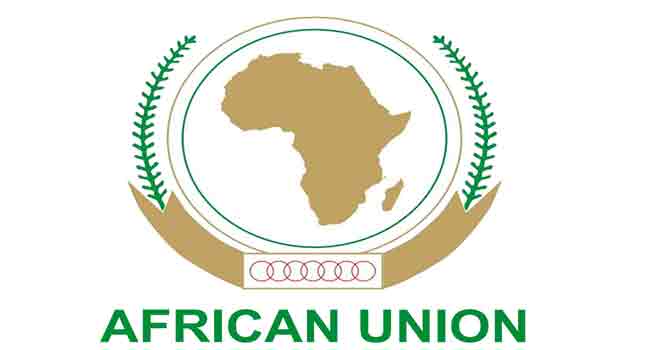Nigeria has outlined various strategic approaches toward achieving Agenda 2063 of the African Union (AU).
Some of the proposed measures include establishing centers of excellence at the subregional levels to build capacity in technology, developing innovative financial models, and creating appropriate incentives for public-private partnership (PPP) arrangements for infrastructure development under the flagship.
These propositions were presented by the Deputy Speaker of the House of Representatives and leader of the Nigerian delegation, Hon. Benjamin Okezie Kalu, on Thursday at the ongoing 12th Annual Conference of Speakers of National and Regional Parliaments at the Pan-African Parliament (PAP) in Midrand, South Africa.
Agenda 2063 is a 50-year blueprint and master plan for transforming Africa into a global powerhouse of the future.
Signed in 2013, the agenda serves as the continent’s strategic framework for achieving inclusive and sustainable development.
It not only encapsulates Africa’s aspirations for the future but also identifies key flagship programs that can boost economic growth and development and lead to the rapid transformation of the continent.
Speaking at the session, Hon. Kalu, who responded to a paper presented on the subject, urged the Parliament to strive to make Agenda 2063 a household name in Africa.
ALSO READ: Speaker Abbas lauds Tinubu for upgrading FCE Zaria to varsity
The Deputy Speaker also emphasized the need to adequately fund the project to achieve the desired results.
“I want to commend you for that excellent presentation. The idea is wonderful, and we are pursuing it, but we are struggling. We are struggling because of the gaps you have mentioned.
“The issue of financing. You also agreed that financing is a challenge with regard to this agenda. So, the question becomes: how do we make it a household project without funds? It will be difficult, and you’ve highlighted that we cannot depend solely on external bodies to push this project; we need to own it and finance it ourselves.
“Would it be a good idea for Africa to consider PPP, or Public-Private Partnerships, in raising funds to fulfill the objectives of this agenda? As legislators in our various parliaments, could we legislate to incentivize those who participate, especially in infrastructure development aligned with Agenda 2063, perhaps through tax breaks?
“Additionally, it seems there is a strong overlap between Agenda 2063 and the SDGs. I heard you mention health facilities and other aspects, which are also part of the SDGs. If there is significant overlap and the SDGs are addressing some of these responsibilities, should we prioritize those areas outside the SDGs to drive efficiency?
“Regarding implementation and oversight, in my country, Nigeria, SDGs implementation is managed by the relevant ministry, with parliamentary oversight.
“For us to drive Agenda 2063, it’s essential that people have the right capacity to execute it. We cannot rely on Europe to borrow from them to implement our agenda. To achieve this, what are we doing about the gaps in knowledge and capacity?
“Would it be a wrong proposal to establish centers of excellence across various regions in Africa to build capacities in technology and knowledge so that we can fully own this project?” Hon. Kalu proposed.
